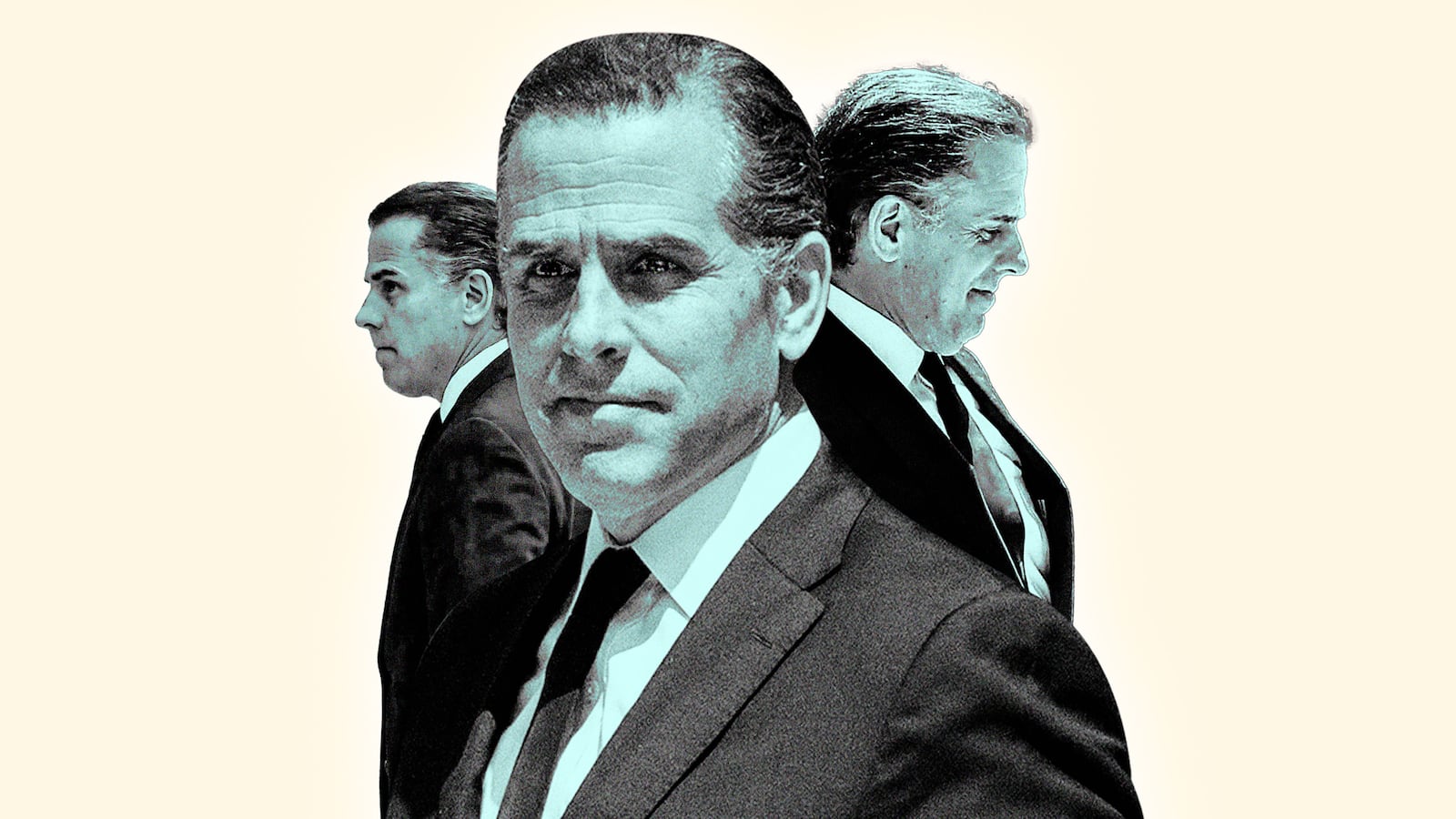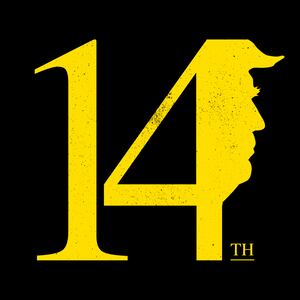The Justice Department’s announcement that Special Counsel David Weiss intends to indict President Joe Biden’s son, Hunter Biden, for gun charges by the end of the month reminds me of the iconic opening to the Star Trek series in which Captain James T. Kirk solemnly intones about the “five-year mission” of the starship Enterprise.
Weiss—originally appointed by former President Donald Trump to be the U.S. Attorney for Delaware—has been investigating Hunter Biden for five years and counting, with no charges and no convictions. The promised indictment appears to be the latest misstep by the U.S. Department of Justice in a case that can only be described now as a debacle.
Only a little more than a month ago, the DOJ and Hunter Biden’s defense team had reached agreements over Biden’s tax issues and his alleged false statement (denying that he was addicted to drugs) on an application to buy a gun. But that deal spectacularly crashed and burned in open court as under questioning by federal district court Judge Maryellen Noreika—who like Special Counsel Weiss was appointed by Trump—as the two parties could not agree whether the plea agreement over taxes and the diversion agreement over the gun charge would protect Biden from any future charges that might arise.
The prosecution insisted the investigation was ongoing, while the defense said these two agreements would put an end to investigations.
At that court hearing, Judge Noreika also questioned whether giving her authority to decide if Biden might be found in breach of the diversion agreement amounted to an unconstitutional delegation of the executive branch’s authority to prosecute—given that most diversion agreement breaches are handled by the prosecution.
In the aftermath of this embarrassment, Special Counsel Weiss and Attorney General Merrick Garland decided—despite their mutual insistence that Weiss previously had no limits upon his ability to investigate the case—it had become necessary to appoint Weiss as a special counsel, because Weiss asked to become one and because of what Garland characterized as “extraordinary circumstances related to the matter.”
Special Counsel Weiss’ plan to indict Hunter Biden now over the gun charges is both ill-timed and ill-advised. It’s ill-timed because it comes in the wake of a federal court of appeals striking down as unconstitutional the very gun federal law that Biden may be charged with violating—a decision that was pending at the time of the failed plea deal in July, but which has since been decided.
If the deal in July had gone through then the prosecution would likely have been unaffected by the adverse gun decision. Now, however, Biden’s defense team is likely to challenge the constitutionality of the charges.
The planned indictment is also ill-advised because the defense has a colorable argument that DOJ cannot renege on the diversion agreement. Biden’s defense attorney Abbe Lowell has already stated that in their view the diversion agreement was already entered into, approved, and that Biden is in full compliance with the terms.
If a court agrees, DOJ may be barred from terminating the agreement under the contract principle that Biden has already relied upon the agreement to his detriment and deserves the benefits of the bargain entered into with the government. Such a principle was at play in the reversal of comedian Bill Cosby’s conviction by the Pennsylvania Supreme Court—that found Cosby had relied upon prosecution promises that no criminal case would be brought against him in deciding to give testimony in a civil deposition.
Perhaps, most importantly, the renewed prosecution begs the question of what has changed to justify a prosecution when a plea agreement had already been reached?
The optics for DOJ are poor on this matter, given reports that Weiss had nearly reached the point of declining to bring any charges against Biden before political pressure mounted—with so-called whistleblowers claiming that DOJ had “hamstrung” the investigation. The new promise of charges also comes in the aftermath of the renewed criticism of the plea deal, accompanied by demands from the GOP chairmen of the House Oversight, Judiciary, and Ways and Means committees for documents related to the failed deal.
In my experience, plea deals typically fail when a defendant refuses to admit responsibility for their actions. That is not the case here, given Biden’s willingness to admit his tax liabilities and alleged false denials of being a drug addict.
A plea deal might also be scuttled because new alleged crimes may have come to light about the defendant that make the original plea bargain too generous. That also does not appear to be the case here, as there is no publicly known information about additional potential charges, and Weiss is simply saying that he plans to indict on the same gun charges that (at least in July) he was willing to let go with no conviction at all.
True, there has been a change in the law—the decision striking down the gun charge law—since the failed plea bargain. But that change in law actually helps Biden’s defense. The only discernible change in circumstances seems to be the escalation in the amount of political criticism being directed at Weiss and the DOJ.
As Special Counsel Weiss’ investigation voyages into its fifth year, he would do well to heed the differences between prosecutors and explorers. Captain Kirk and his crew were excited “to explore strange new worlds” and “boldly go where no man has gone before.”
Prosecutors aren’t supposed to go exploring into the unknown looking for charges. They should apply the law to the facts before them, and five years is more than enough time for Weiss and the DOJ to have done just that—and completed the Hunter Biden mission.









